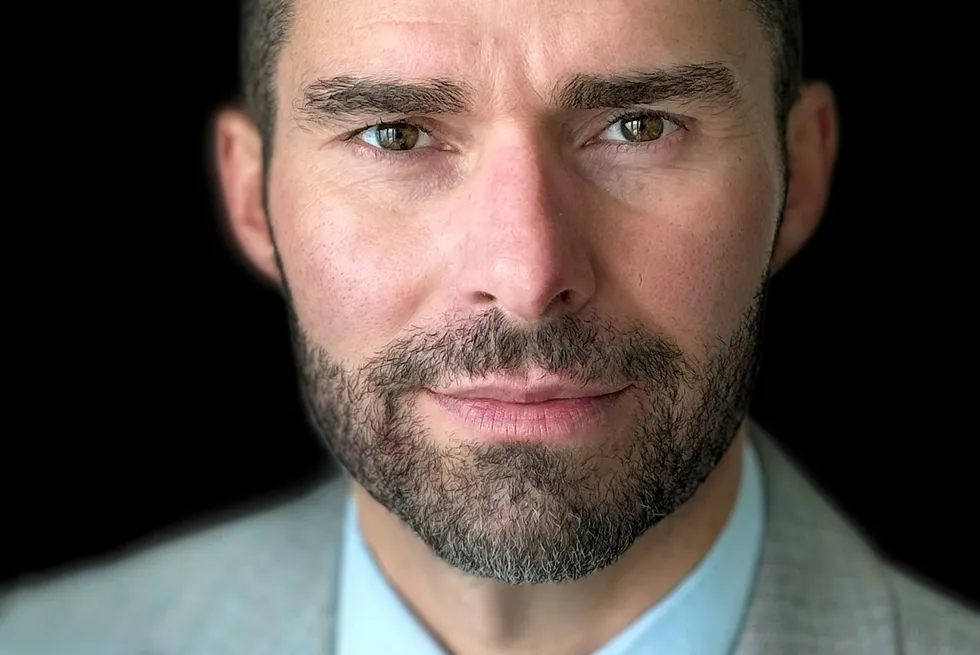Block building ‘hidden gem’ for energy investors
Georgia-focused producer looking to revive legacy oilfields while implementing an innovative 'mineral trapping' carbon storage project in the Caucasus

Georgia, sitting at the intersection of Europe and Asia, is known for its rugged mountain landscapes, Black Sea beaches and good local wine. But as an oil and gas province, the country decidedly takes a back seat to neighbouring Azerbaijan, even though it has been producing for decades.
Block Energy chief executive Paul Haywood hopes to change that perception, insisting Georgia is a “hidden gem” for energy investors.
Block has put its own money where its mouth is, securing seven production-sharing contracts since its UK public listing in 2018.
The company is now operator of five producing fields, including the legacy Samgori-Patardzeuli asset, and has set out what Haywood calls a “project-based” strategy that includes stepped-up drilling campaigns, the ambitious redevelopment of Samgori-Patardzeuli and an innovative carbon capture and storage project.
“We clearly defined our strategy to stakeholders late last year,” he says. “We've been building a project-specific portfolio, A, to keep everybody focused, internally, and make sure that the right troops are assigned to the right tasks, and B, so that our stakeholders can clearly understand exactly what we're doing.”
Block’s strategy, helpfully outlined Project I-V, started with development drilling last year at an existing field, West Rustavi-Krtsanisi, a 100% owned and operated shallow oil and condensate development.
Taking advantage of new 3D seismic over the area, Block’s development plan calls for an initial five wells to reach around 900 barrels of oil per day and 750,000 cubic feet per day of associated gas.
Project II involves redevelopment of what Haywood calls “the jewel in the crown of Georgia's E&P industry”, the Samgori-Patardzeuli field.
Developed during the Soviet era, Patardzeuli production reached almost 60,000 bpd in the early 1980s before rapidly declining. But Block, which acquired the asset from SLB, previously Schlumberger, in 2019, believes the field still holds between 105 million and 320 million barrels of recoverable resource.
The company has identified some 50 existing wells that can be reentered and sidetracked as part of enhanced recovery strategy, using techniques that have proved successful in North American shale plays.
“The setting here is prime for those technologies that we all know work, and have been working, for the past two decades in the US,” Haywood says.
Project III will tap into gas deposits in Lower Eocene and Upper Cretaceous reservoirs under Block’s existing production. The $30 million project is subject to a farm-out, which Block is pursuing with the help of third-party advisors in the UK.
“We've seen some really good take-up on that process so far,” Haywood says. “And surprisingly, a fair bit of appetite coming in from the US.”
Perhaps not so surprising, given the project’s reliance on horizontal drilling and fracking technologies developed in the US, as well as the dwindling investment opportunities in the rapidly consolidating North American onshore industry.
Another selling point is the project’s ability to tie into the Socar and BP-owned South Caucasus pipeline currently carrying gas from Azerbaijan to Turkey and on to Europe.
“We’ve seen a lot of interest coming in from the US and I believe it’s because maybe those opportunities in the US aren’t as available as they used to be,” Haywood says. “I think now we’re seeing some of the private US players looking at places like Georgia thinking, actually, we can really leverage our IP here.”
The fourth project will explore the potential deeper gas deposits in much of Block’s acreage. The company reached an agreement in 2022 with operator Georgia Oil & Gas to jointly study the deep gas play. Block says geologic and geophysical work is “ongoing” to “de-risk prospects and develop assets”.
Project V will see depleted reservoirs in Block XIB, which contains Samgori-Patardzeuli, used to store carbon dioxide captured from industrial sources in the region, notably the fertiliser and chemicals manufacturer Indorama.
Block says the project could have capacity to store as much as 256 million tonnes of carbon dioxide using an innovative method known as mineral trapping pioneered by the Icelandic company CarbFix and its cofounder, noted geologist Eric Oelkers, who has worked with Block on concept studies for the carbon capture and storage project.
Proximity to heavy emitters combined with the reservoir rock chemistry led Oelkers to conclude that Block could do CCS at a reasonable cost per tonne without subsidies.
“Eric and his team did some work for us, came back and said, ‘The reservoir characteristics are perfect for the mineralisation application. We've done some high-level scoping economics for you on a capture, transport, injection and monitoring basis. You're benchmarking at the bottom end of the price scale and your storage opportunity is in the ballpark of around 140 million tonnes.’
“I very quickly started running some numbers and doing a bit of research, and thought, actually, there could be something here,” he says.
The Georgian government has given the partners the go-ahead for a pilot CCS project. And while the country’s internal political battles are ongoing — including a controversial proposal to join the European Union — Heywood insists that officials have been easy to work with.
“As long as you do what you're committed to do and your contracts remain in good standing, the support here is some of the best I've experienced,” he says.
(Copyright)